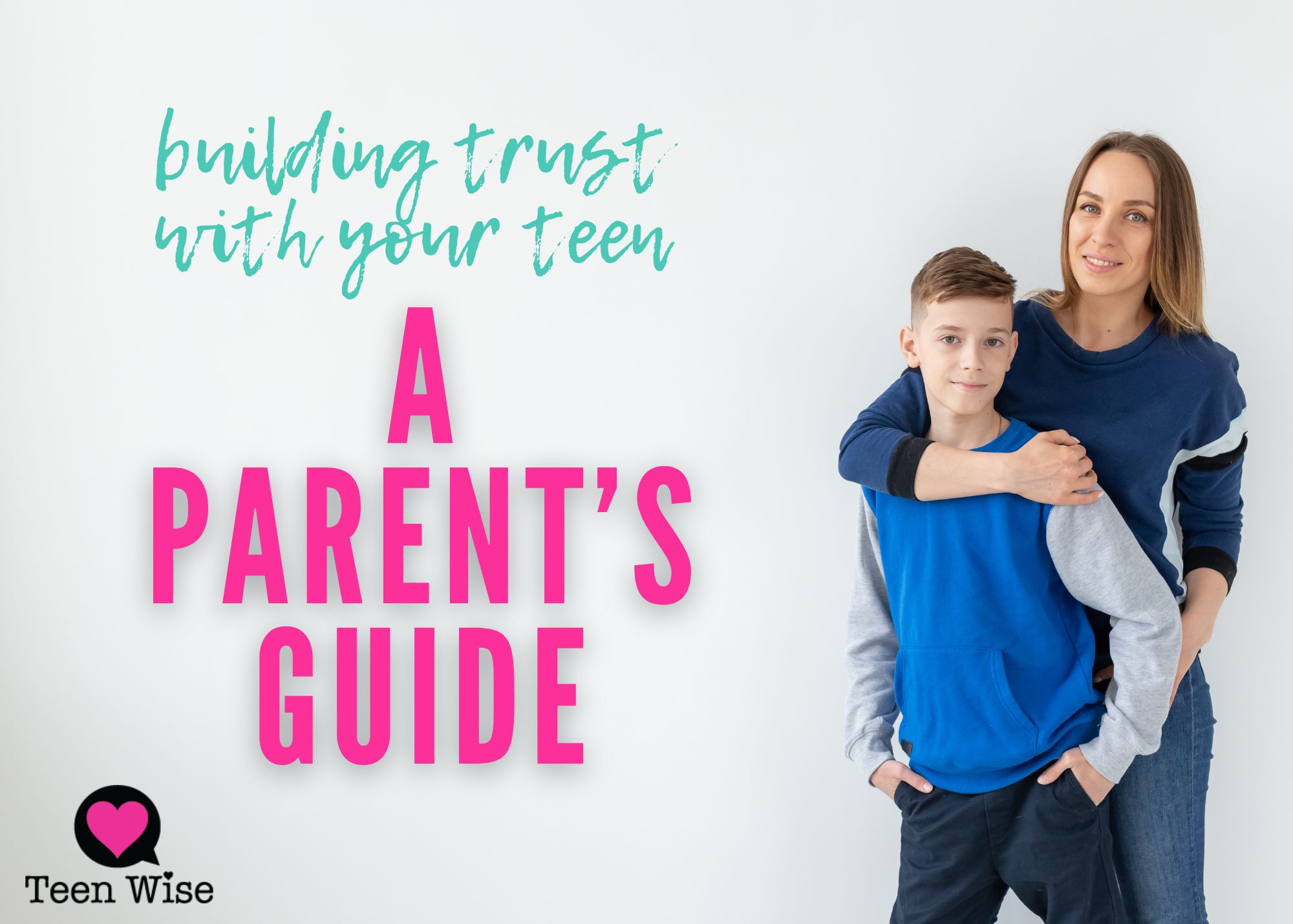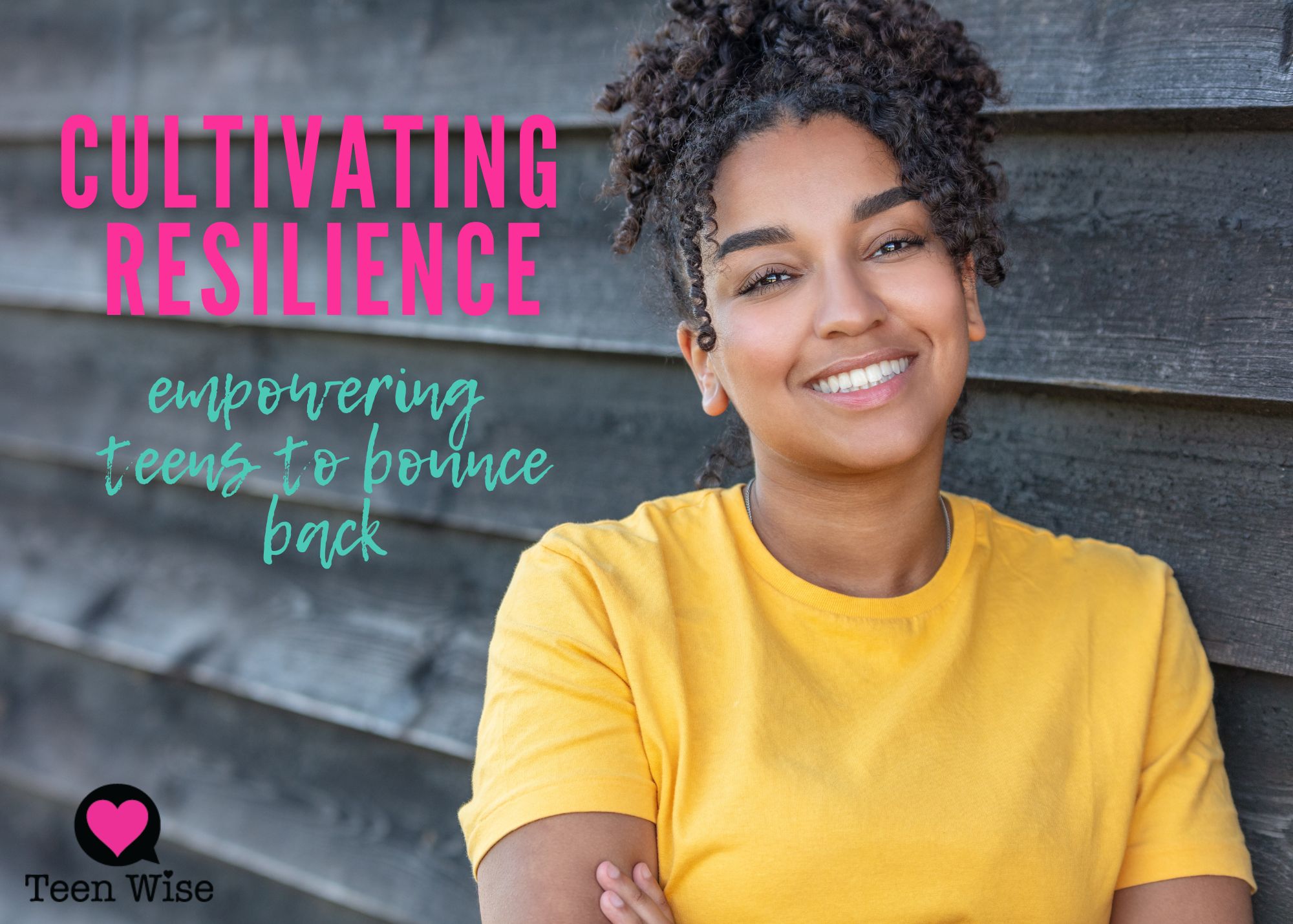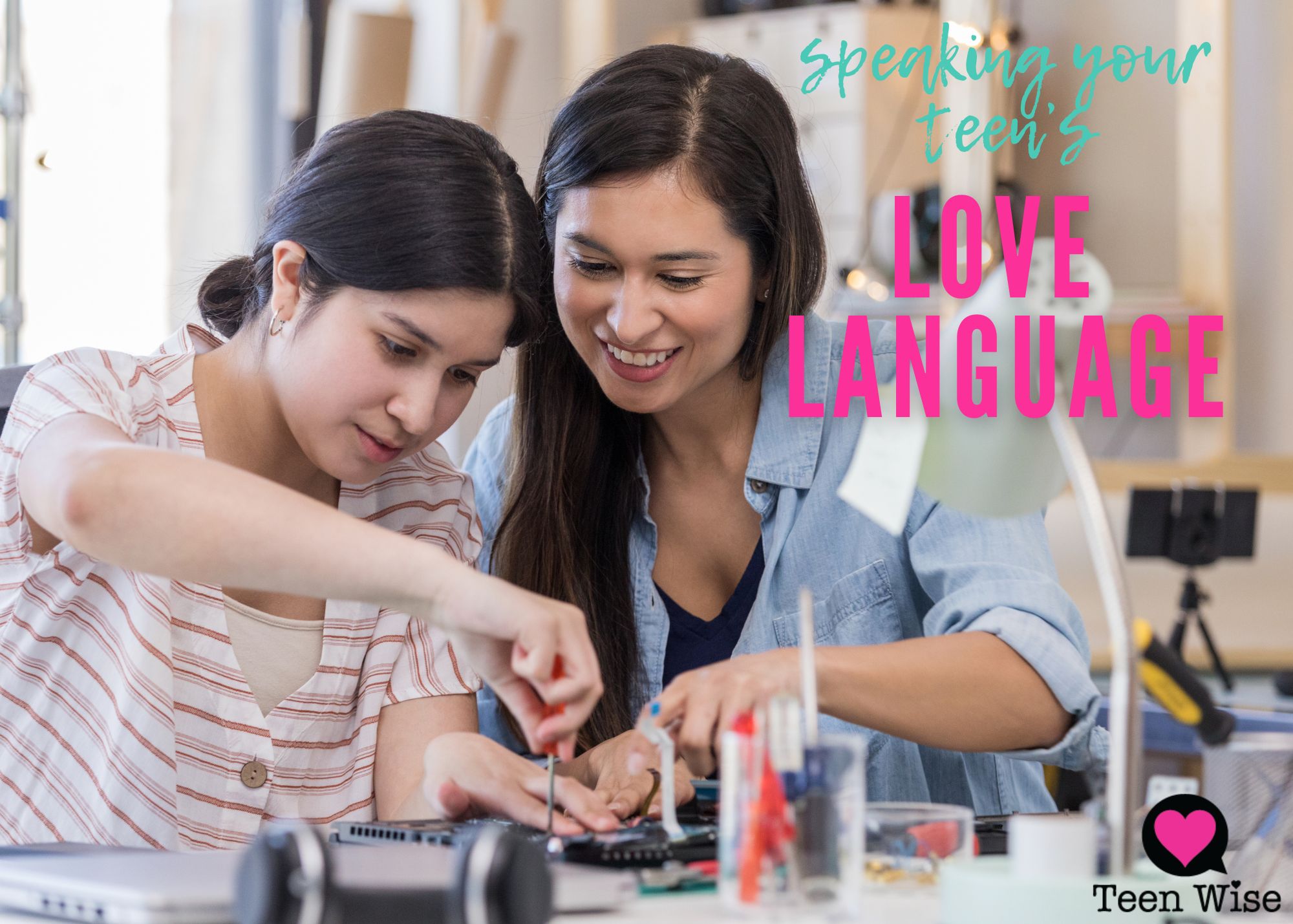We are mourning as a community today. We will be respecting the privacy of the family who is going through such a difficult tragedy by not sharing details at this time…
There is nothing that can prepare an adolescent for the death of a classmate, a friend, or a sibling. When you are young, there is a sense of invincibility. Your thoughts are on hanging out with your friends, the long-term goal of college, and what you want to be when you grow up. A sudden, unexpected death of one of your own jolts that long-term thinking and presents the possibility of death. It’s abrupt, painful, and can lead to a bag of mixed emotions.
Parents, you can also feel an array of emotions. You might be confused, sorrowful, frightened. You might be questioning the safety and well-being of your own teen. We all empathize with the family and their loss. And you witness the pain your own child is going through. And sometimes you feel helpless.
It is important to know that every teen is going to feel this loss in their own personal way. For some, the young man was a very close friend. For others, he was a smiling face in their classroom. Others might not have had the privilege of knowing him but are aware of his passing. All of these young people will experience the grief of his loss in their own way.
The teen years are a time of independence which makes supporting your teen through this very tricky. Many of your teens will attempt to deal with their grief completely on their own because, in their minds, they should be old enough to work through it independently. You can’t push your support on them, demanding that they talk to you, or push them to tell you how they feel. Instead, you have to give them the space to work through their grief but also show them that you are there if they need you. It’s like walking a tight rope.
Here are a few things to consider when supporting your child through this tragic loss.
RECOGNIZE EACH TEEN GRIEVES DIFFERENTLY. There is no wrong or right way to grieve. For some, this experience will stir up extremely difficult emotions. For others, their emotional reactions will be minimal often because they don’t truly grasp the concept of death. For those closest to him, they may have feelings of anger which can be confusing and uncomfortable. They may feel happy seeing the community support. They may feel numb while they are still processing what happened. As your teen experiences the gamut of emotions, be their emotional rock through the process.
DON’T PRETEND IT DIDN’T HAPPEN. In difficult situations like these, sometimes it seems like a good idea to not mention what happened and to not talk about it. It’s better to bring it up from time to time. You can ask about how things are going at school, what support is being offered, how close friends are doing, and even ask questions about the person who passed away. Not mentioning what happened gives your teen the message that it’s something that shouldn’t be mentioned.
UNDERSTAND IT’S A LONG-TERM PROCESS. The first week or two aftert the death of a peer, there is often a lot of bonding and connection among teens. They often organize events that allow them to talk, cry, laugh, and celebrate life. Then the newness of the situation wears off and life seems to go back to “normal”. But clearly, life has taken a drastic shift for them. It’s when the collective support is gone that the reality of what has happened has set in. For those closest to the person who died, their journey through grief will be the longest.
AVOID “MOVE ON” AND “GET OVER IT”. These two terms should be avoided at all costs. They show a blatant disregard for the long-term process of grief. Even if your teen was not particularly close to the teen who passed away, the grief can still be extreme and profound. Be patient, and be understanding that every teen’s grief has its own timetable.
ACKNOWLEDGE YOUR OWN EMOTIONS. It’s ok to discuss how you are feeling with your child as long as it doesn’t overshadow your teen’s emotions. Parents clearly have some difficult emotions to deal with when a young person takes his own life. Acknowledge your emotions, talk to your friends/spouse/therapist about them, and then be there to support your child.
Some teens may need professional help to process their feelings and emotions. It’s important to take notice of how your teen is coping with his or her own grief. Don’t forget that you have many options for support in your community. You and your teen are not in this alone.
If your teen is in crisis, they can get help via chat: http://www.crisistextline.org/
Get the latest updates on our Facebook Community, Click HERE to Join.







